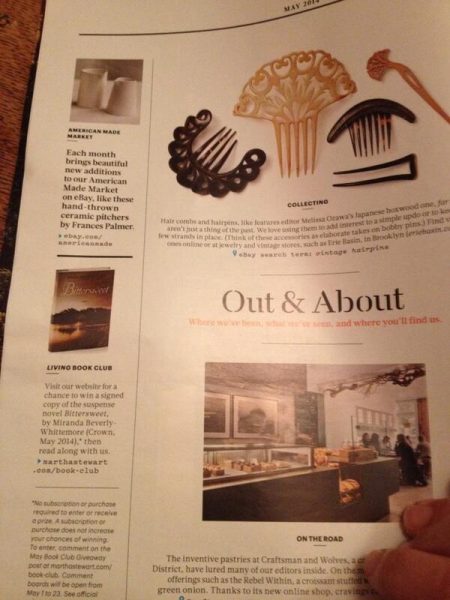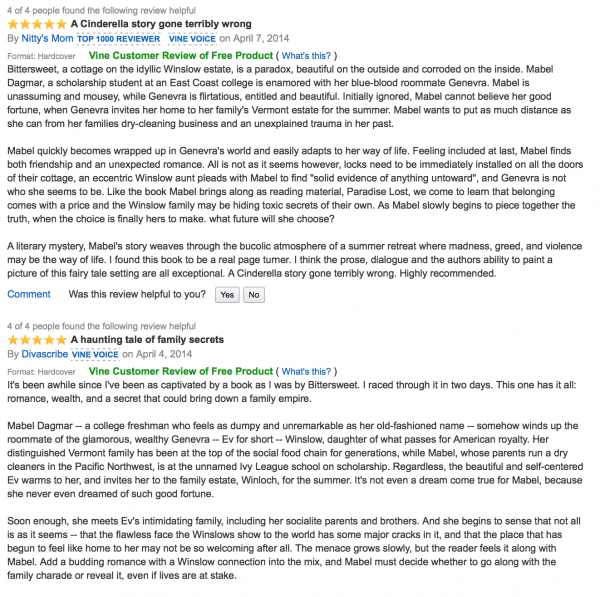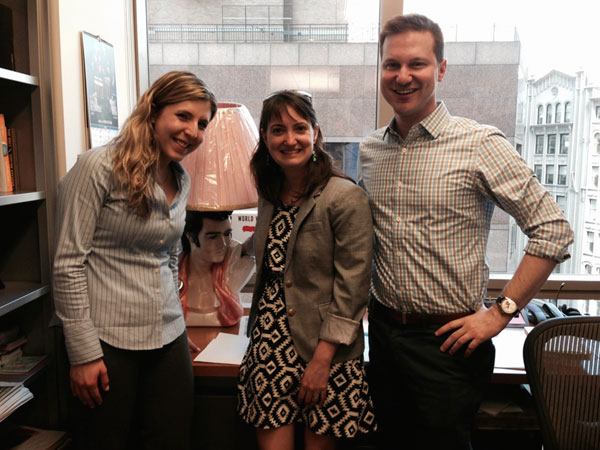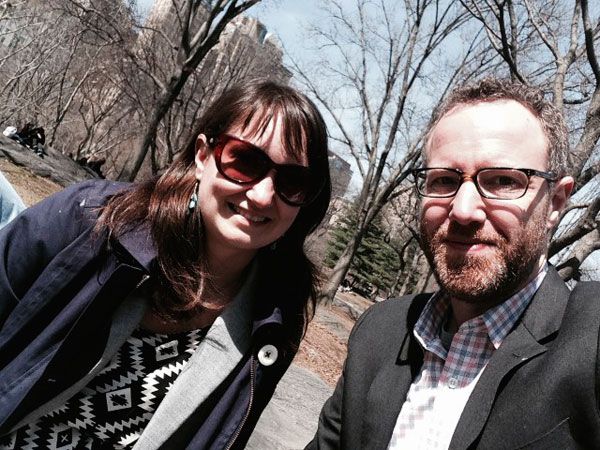Your life is not Tetris. Stop trying to re-arrange the pieces so you can shove MORE stuff, more activities into it.
Working with authors, I find that many (most? ALL?!) are overwhelmed. They are trying to fit so much into their lives: writing, publishing/marketing, a day job, family, home, friends, hobbies, personal health, lawn care, and so much more. And on top of this, they are constantly hearing others tell them about other stuff they need to be doing to. Things like: “Oh, well you HAVE to be active on Pinterest too!”
… as the writer is slowly crushed under the weight of horribly arranged Tetris bricks…
So today I want to talk about the opposite of “productivity” as most people talk about it. I don’t want to “optimize your life” so you can squeeze out an additional 20 minutes of time per day that we can then shove more work into.
I want to STOP trying to spin those Tetris pieces of your life around until they fit in some inhuman form that crowds out any feeling of calm and focus.
Instead, let’s talking about honing. Focusing. Cutting away everything except that which matters most. Okay, let’s dig in…
ZERO-BASED CLEANING
My dad shared a concept with me when we had lunch recently: “zero-based room cleaning.” We were talking about the best way to organize the stuff in someone’s house in order to get rid of clutter that is in the way and completely overwhelming and unmanageable.
He got this from an economic term – zero-based budgeting. The basic idea is that you don’t go into a cluttered room and begin removing what you think you don’t need. Instead, you empty the room, you start from zero. Then you put back in ONLY what you need or love. It basically aligns to this quote:
“Have nothing in your house that you do not know to be useful, or believe to be beautiful.”
― William Morris
I was a huge fan of the TLC TV show “Clean Sweep,” and organizer Peter Walsh’s methodology here and in his books. Each week, the show went to the home of someone whose life was disrupted by an overwhelming amount of stuff. This was basically his process for helping them:
- Select a room or two. Put a limit on it, don’t attack the whole house at once.
Define the purpose of this room as it applies to your daily life. If multiple people live here, include everyone’s input. Be careful to not define a large main space as something that is only used for a single yearly party. The idea is to not feel overwhelmed in your daily life.
- Remove everything from this room. In the show, they moved everything out onto the lawn. (at this point, the room would be cleaned, and perhaps painted, but that is not a necessary part of the process)
- Sort all items into three piles: trash, sell, keep. The idea is that most of the stuff will get thrown out or sold, with just select items in the “keep” pile. This is by far the toughest part of the process, the one filled with the most difficult decisions, arguments, and emotional confrontation.
- Only put the “keep” stuff back in, and design the room in a way that feels refreshing and useful.
- Create systems to ensure the clutter does not pile up again. For instance, some people have a “one in, one out” rule. If someone gives their child a new toy, then one toy must be given away. Same with clothes and lots of other stuff.
This aligns perfectly to my dad’s zero-based cleaning concept. Clearly, my dad should have been a professional organizer.
SELF-IMPOSED BARRIERS THAT PROTECT US FROM THE RESPONSIBILITY OF TAKING ACTION
I have become a student of productivity, and made sweeping changes in my life during the past five years to not do more, but to do only what matters most to me and my family. The way we live is actually pretty unusual compared to most folks I know. I work from home, never step on a plane, and spend goo-gobs of time with my wife and son each day. My life is intensely focused on helping writers and spending time with my family. So much else has been cut out.
I know, you are likely thinking, “Well la-di-dah, isn’t that special for you Mr. Dan.”
🙂
But I say this to talk about the next point: that most barriers in your way are self-imposed. For many people, their lives are cluttered not just with stuff, but with obligations that don’t align to their goals, whether they are personal or professional.
An author recently mentioned that the problem she has with productivity is the “The 50+ hours a week thing.” That every single hour beyond that is an hour she begins exhausted because she puts so much creative energy into her job. So the point she is making is that she is starting with an unmoveable barrier that prevents action.
Now, there is a lot to dig into here, and my response to her was not “Well then, quit your job!” I immediately began asking about goals, and looking 3, 5, and 8 years out. Fine, you can’t move the 50 hour a week job. I get that. But what about in the future? What are your true goals? How can we take steps that pay off down the road?
The issue I have with self-imposed barriers is that they let us off the hook from the personal responsibility of taking action. The classic one is “the mortgage,” and yet, I am always driving by houses where people can’t fit their cars in the garage because it is filled with stuff. All that stuff took time to buy, to dust, to organize, and now to store. And it took time away from family, from hobbies, and likely from paying off that mortgage.
Much like zero-based cleaning, I don’t want to start with the barriers. I want to talk about goals, and about the life you want to lead. Because without STARTING there, we can’t focus your resources to make them happen. We simply justify the challenges, which justifies inaction.
THIS IS A HIGHLY EMOTIONAL PROCESS
The most amazing part of the “Clean Sweep” show was the emotional attachment people have to their stuff. That a collection of old toasters can represent someone trying to recapture the love of their mother; that a rusting lawn mower is someone’s way of honoring their grandfather; that a closet full of clothes that don’t fit is someone’s way of being in denial about their health.
What does the “stuff” in your life really represent? How does this affect your ability to take action? And where in this process are they creating barriers that prevents action.
So, I have always collected toys, and follow a bunch of YouTube channels where people review toys. I recently watched a 1.5 hour conversation between six grown men about their Star Wars collections. At one point, one of these people confessed that they collect toys today to make up for the love they never felt they received from their father. Then, one by one, similar “confessions” came out among the other folks in the video. It was incredible to watch, and nice to see how open they were about this.
Being aware of the underlying reasons why you do things is the key to changing habits.
For many people, the ultimate challenge in terms of limits on their time and energy is kids. And I will not pretend to have any easy answers for that. And from my personal observation, this is about a 100 million times more complicated for women.
This was really highlighted for me when I interviewed author Bella Andre last year:
“Our chat took place in front of a live audience online, and there was this moment where people went from being “Wow, I am super impressed with Bella,” to “This woman is not human, she is a superhuman.” That moment is when, after talking about so much of what she works on day after day, she made a casual mention of dropping her kids off at achool. You could just sense people’s jaw dropping. And one person in the audience even left a comment such as: “Well, that’s it… my excuse was kids, but now I don’t have it anymore.”
People’s reaction when the realized that Bella Andre’s passion and output was amazing, and THEN realizing she had kids too! It was unbelievable to consider someone working past these limits. Again, I will not simplify how complicated that can be, and that having very young kids is a particular kind of challenge in and of itself.
That said, limits can actually help you focus on the actions that matter most…
THE IMPORTANCE OF LIMITS
There is this false promise in “productivity” and “time management” topics that you can move past all limits. But I tend to find that limits are GOOD, and that they help make things stronger because you have to make difficult decisions of what to take action on, and what to leave out.
For instance, I am a strong believer that creative energy is the most important resource to manage, not time.
That to feel that you are meaningfully accomplishing your goals, it is not about rearranging your stuff into new and more complex storage systems. It is about carefully defining goals and limits.
This works both with “stuff,” with obligations (e.g.: the art of saying “no”), and with what fills your days and leads to a meaningful body of work.
Limits in the creative process are USEFUL. They help create great work.
WORK IN SMALL BATCHES WITH CLEAR GOALS
Work in small batches. WHAT CAN YOU GET DONE TODAY. Or this weekend. Or this week. If you are cleaning a room, don’t start a system that will require 8 weeks before the first object leaves the door. Work in small batches. (In the “Clean Sweep” example above, they selected individual rooms, and literally did all the work within three days.)
I can’t remember where I heard this, but someone made the point about what you feel the most efficient system would be to do a basic mailing of flyers: to print, fold, sort, address, and stamp the mailings. They asked people their thoughts, and most came up with the assembly line process, because it FELT more efficient. In other words: print them all, then fold them all, then stuff them all, and give one person each of the jobs. So one person is a folder, another stamp, etc.
The expert in this story said that it is actually more efficient to have each person do the mailings from start to finish in small batches. That there is a process of discovery in seeing how each part of the system works together, and that in doing so, you find any flaws in the system very early, and that efficiency actually increases.
Why do I make this point? Because small batches work, and because oftentimes what FEELS smart and efficient is actually just an illusion we try to convince ourselves of.
SOCIAL FOCUS
For some reason, social media has become a lightning rod for people feeling overwhelmed. My guess is that anything “social” brings back our adolescent attempts to try to balance being authentic, while still being validated by others. In other words: “how can I be the odd duck that I am, and not have people make fun of me?”
What I end up seeing are writers approaching social media in ways such as:
- Pretending it is useless crap, and that they are better than it.
- Diving in head first following every one of the 1,000 rules they have heard about. The result: too much talking, not enough listening.
- Doing the bare minimum (“I Tweet once per week”), and then wondering why no one is being “social” with them.
- Taking dramatic breaks from it whereby they reach nirvana. I’ve read quite a few of those “I didn’t log in to social media for a month, and am now ready to tell you the secret meaning of all life because I have reached a higher plane of existence than you. Please LIKE this wisdom on Facebook!” articles.
This is not to say I don’t believe in taking a sabbatical, I do.
But I do believe in thoughtful iteration, in eschewing best practices to ensure that meaningful connections are a result of social media, not “likes” and “retweets” and “PLEASE REPIN THIS!!!” This year, I have been reconsidering how I use social media.
That basically, I have given up on spinning 100 Tetris pieces on a dozen social networks at once, hoping to somehow “go viral.” That no, I cannot meaningfully be active EVERYWHERE my audience could possibly be. That trying to do so seemed to suck all of the enthusiasm out of why I want to connect people in the first place, resulting in loads of scheduled Tweets, postings to social networks I didn’t have the time to properly engage with, and “listening” for the purpose of finding things to ReTweet.
After a few months of “zero-based cleaning,” I now have links to three social media feeds on the top of my website:
- A Facebook Group for writers
- Instagram
- Twitter
Should I also be very active on Google+, Tumblr, LinkedIn, Pinterest and YouTube? Absolutely I should. Am I? Nope. I do frequent those sites, and do a lot of listening there. But if you want to know where I engage, where I focus on being a human being on a social network, it is really limited to the three listed above.
This is my way of removing everything from a room so that I can focus on what truly matters. On not pretending there is a magical way to do everything, and instead do what creates a true body of work, and true connections with other people. On respecting limits. On encouraging emotion of empathy, not of feeling overwhelmed and social pressure to “do it all.” On caring.
I have said this before, and it is worth saying again: this is the process that seems to work for me, but may not be right for you.
That I don’t have much interest in using a brand new program that allows me to quasi-spam 15 social networks at once with every update. That the promise of these tools to “increase productivity” and have you feel clever while doing so, may not be the only option.
I love looking back at older posts on social media and consider the narrative – the body of work that is created over the course of years. The connections this creates with others, and the legacy it may leave in their hearts and minds.
That my life will not benefit by one more Tetris piece shoved awkwardly into it.
Thanks.
-Dan






